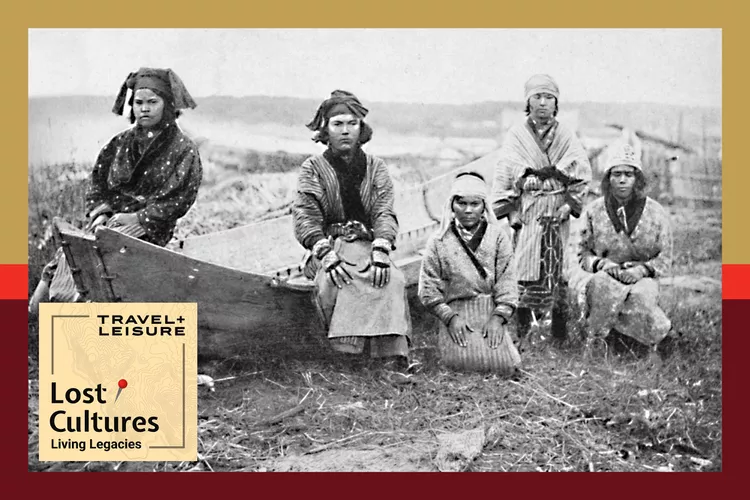Summary
The Ainu: A Unique Cultural Heritage
Japan’s culture is deep and complex, especially for the Ainu people located on the northern island of Hokkaido. This indigenous culture predates the idea of Japan itself, offering a rich tapestry of history and tradition.
The modern traveler’s vision of Japan often revolves around bustling city streets in Tokyo, tranquil moments with sake in Kyoto, and iconic high-speed trains. However, this perspective is overly simplistic, overlooking the intricate history and struggles faced by the Ainu people.
Struggles and Resilience of the Ainu
The Ainu culture has experienced significant challenges, particularly following the Meiji Restoration. Dr. Kinko Ito, a professor at the University of Arkansas at Little Rock, highlights the emotional consequences of their historical struggles. “There is an image of the Ainu as powerless people, but despite the exploitation and oppression, they not only survived but also thrived,” Dr. Ito explains.
Despite centuries of forced assimilation, the Ainu have maintained their distinct language, cultural practices, and oral histories. Travelers can learn more about their heritage at dedicated museums and cultural centers.
Future Prospects for Ainu Recognition
Dr. Kirsten Ziomek, an associate professor of history, emphasizes the need for awareness and acceptance of Ainu culture in the context of Japan’s colonial past. “The goal is not to erase the past but to move forward to a place of understanding and acceptance regarding Japan’s complex and diverse history,” she asserts.
For a more in-depth exploration of the Ainu culture, consider listening to Dr. Ito, Dr. Ziomek, and Alisha Prakash discuss these important topics in the podcast Lost Cultures: Living Legacies, available on platforms like Apple Podcasts, Spotify, and others.
Download the Transcript
Editor’s Note: Please note that this transcript has not been edited through our standard process and may contain inaccuracies.




